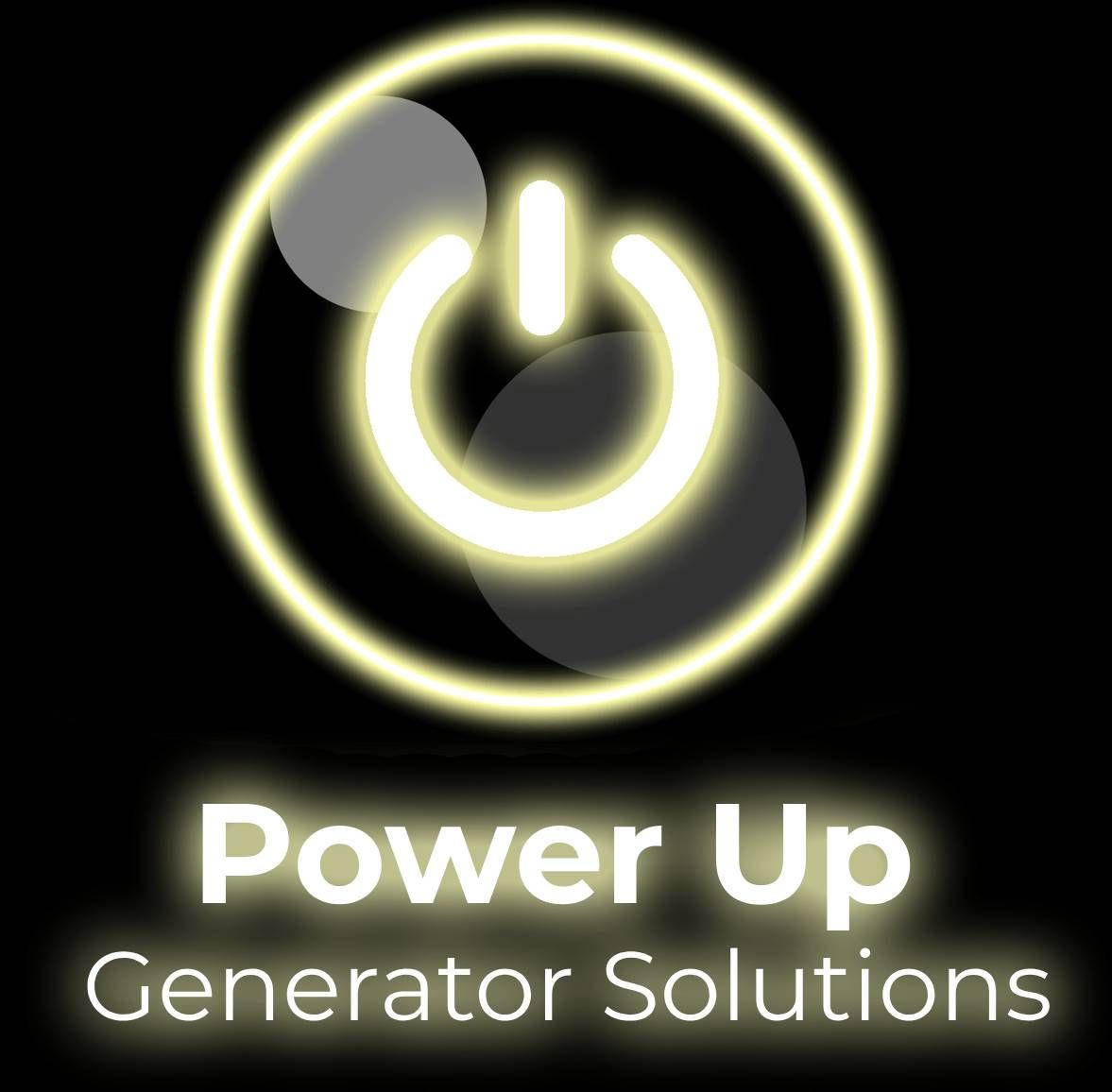What Do Generators Run On? A Complete 2025 Guide to Generator Fuel Types
When the power goes out, generators become lifelines. But not all generators use the same fuel. The type of fuel your generator runs on affects its performance, cost, and reliability.
In this guide, we'll explain the different fuel options available in 2025. We'll cover gasoline, diesel, propane, natural gas, and renewable alternatives. You'll learn the pros and cons of each type and how to choose the best fuel for your needs.
How Generators Use Fuel to Make Electricity
Generators don't create electricity from nothing. They convert fuel into power through a mechanical process. Here's how it works:
First, the generator's engine burns fuel to create motion. This motion spins the alternator, which produces an electromagnetic field. As the alternator turns, it pushes electrons through wires, creating the electricity that powers your home or business.
The type of fuel you use affects this entire process. Some fuels burn hotter. Some last longer in storage. Others are more environmentally friendly. Understanding these differences helps you choose the right generator for your situation.
Gasoline Generators
Best for:
Portable use, small homes, camping
Gasoline generators are the most common type for residential use. They're widely available and relatively inexpensive to purchase.
Advantages:
- Easy to find fuel at any gas station
- Lower upfront cost than other types
- Good for short-term power needs
Disadvantages:
- Fuel goes bad after 6-12 months
- Not efficient for long outages
- Gas prices remain volatile (average $4.10/gallon in 2025)
Recent example: During the 2024 Midwest storms, many gasoline generator owners couldn't find fuel after just a few days.
Diesel Generators
Best for:
Businesses, hospitals, large homes
Diesel generators are the workhorses of industrial power. They're built to run for long periods and handle heavy loads.
Advantages:
- Most fuel-efficient option
- Can run for days without refueling
- Long engine life (50,000+ hours)
Disadvantages:
- Noisy operation
- Higher upfront cost
- Diesel averages $5.30/gallon in 2025
Important note: New EPA Tier 5 regulations make diesel generators cleaner but more expensive to manufacture.
Propane Generators
Best for: Home standby systems
Propane offers unique benefits that make it ideal for emergency power.
Advantages:
- Fuel never goes bad
- Clean burning with low emissions
- Safe to store in large quantities
Disadvantages:
- Produces less power than diesel
- Requires large storage tanks
- Not ideal for powering entire neighborhoods
Helpful tip: Many
homeowners choose propane because it works well with whole-house generators.
Natural Gas Generators
Best for: Homes connected to gas lines
Natural gas generators are convenient but have some limitations.
Advantages:
- Never need refueling (if lines are working)
- Lowest operating cost ($1.80/therm)
- Quiet operation
Disadvantages:
- Useless if gas lines fail
- Requires professional installation
- Not available in rural areas
Recent example: The
2024 Texas freeze showed how gas line failures can leave these generators powerless.
Renewable Options
Best for: Eco-conscious users
New technologies are making green alternatives more viable.
Biogas generators:
- Use methane from waste
- Popular on farms
- Still rare for homes
Hydrogen generators:
- Emerging technology
- Zero emissions
- Very expensive
Solar hybrids:
- Combine solar panels with battery storage
- Qualify for tax credits
- Limited by weather
Choosing the Right Fuel
Consider these factors when selecting generator fuel:
- How long you need power:
- Short outages: Gasoline
- Extended outages: Diesel or propane
- Your location:
- Urban areas: Natural gas
- Rural areas: Propane or diesel
- Your budget:
- Lowest upfront cost: Gasoline
- Lowest long-term cost: Natural gas
- Environmental concerns:
- Cleanest options: Propane or renewables
Final Recommendations
For most homeowners, propane offers the best balance of reliability and convenience. Businesses typically need diesel for its power and endurance. Always consult with a professional before making your final decision.
Need help choosing?
Contact
Power Up Generator Solutions at
816-461-9751 for personalized advice. We'll help you find the perfect power solution for your home or business.


